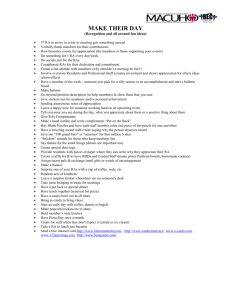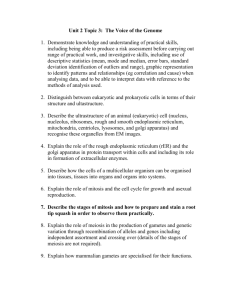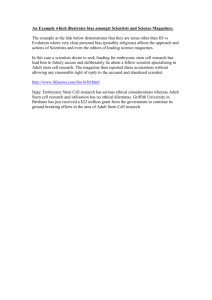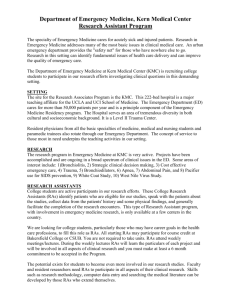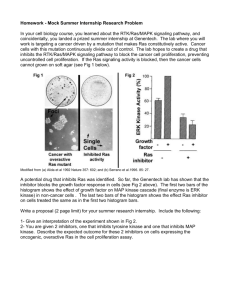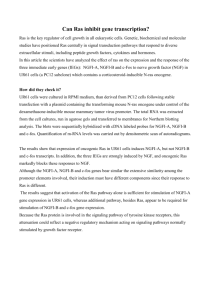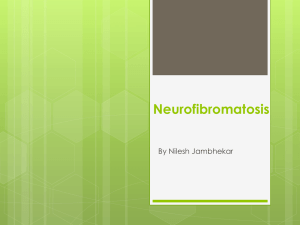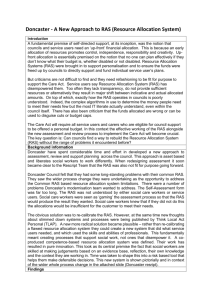Abstract
advertisement
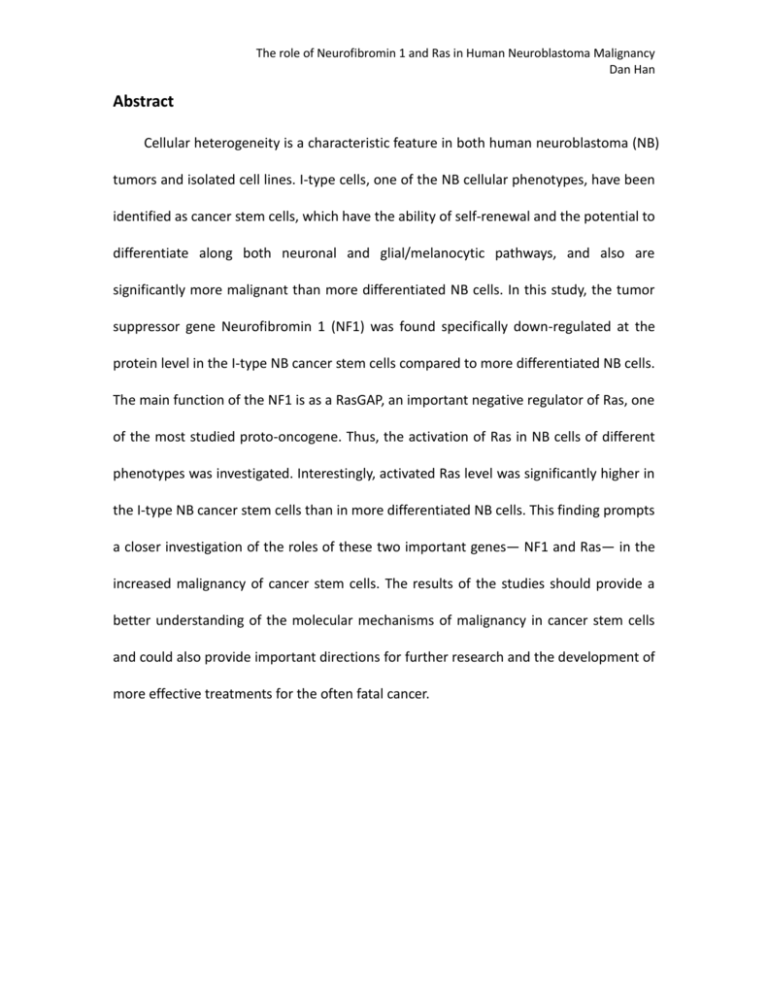
The role of Neurofibromin 1 and Ras in Human Neuroblastoma Malignancy Dan Han Abstract Cellular heterogeneity is a characteristic feature in both human neuroblastoma (NB) tumors and isolated cell lines. I-type cells, one of the NB cellular phenotypes, have been identified as cancer stem cells, which have the ability of self-renewal and the potential to differentiate along both neuronal and glial/melanocytic pathways, and also are significantly more malignant than more differentiated NB cells. In this study, the tumor suppressor gene Neurofibromin 1 (NF1) was found specifically down-regulated at the protein level in the I-type NB cancer stem cells compared to more differentiated NB cells. The main function of the NF1 is as a RasGAP, an important negative regulator of Ras, one of the most studied proto-oncogene. Thus, the activation of Ras in NB cells of different phenotypes was investigated. Interestingly, activated Ras level was significantly higher in the I-type NB cancer stem cells than in more differentiated NB cells. This finding prompts a closer investigation of the roles of these two important genes— NF1 and Ras— in the increased malignancy of cancer stem cells. The results of the studies should provide a better understanding of the molecular mechanisms of malignancy in cancer stem cells and could also provide important directions for further research and the development of more effective treatments for the often fatal cancer.

